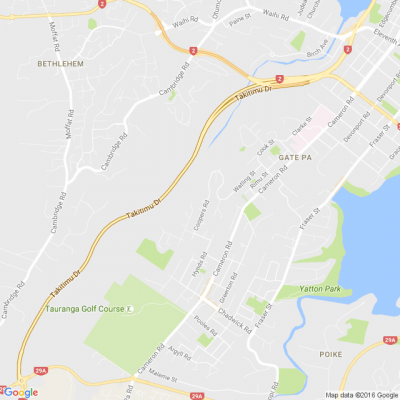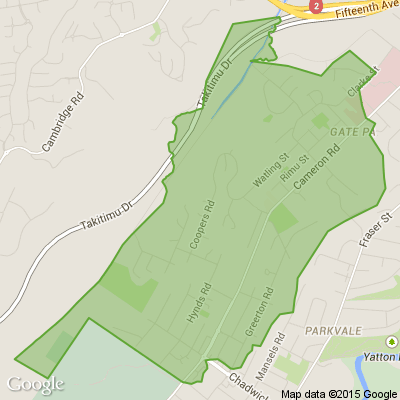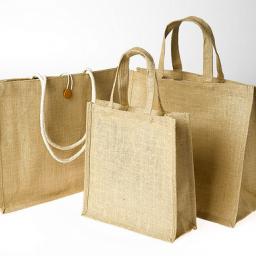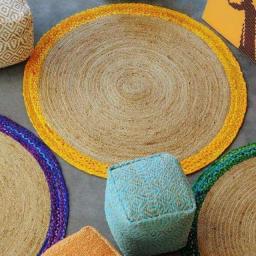Jumping for Jute!
Jute is a natural fibre with golden & silky shine, and hence nicknamed as The Golden Fibre.
Jute is one of the most versatile natural fibres that has been used in raw materials for packaging, textiles, non-textile, and agricultural sectors.
Jute is a vegetable plant whose fibres are dried in long strips, and it’s one of the cheapest natural materials available; together with cotton, it is one of the most frequently used.
The plants from which jute is obtained grow mainly in warm and humid regions, such as Bangladesh, China, and India.
Jute can be grown year-round and is harvested every six months. It can take decades to produce the same volume of wood fiber and it requires much larger tracts of land to cultivate.
The woody core of the jute plant, called hurd, has thousands of potential industrial and commercial uses. As an alternative to wood, hurd is capable of meeting most of the world’s demand for wood and wood products. Using hurd and jute fibres means that the level of deforestation to meet the current demand for paper and wood could be significantly decreased if they were used as an alternative.
Jute is 100% biodegradable (it degrades biologically in 1 to 2 years), low-energy recyclable, and can even be used as compost for the garden. It is clear in terms of reusability and recyclability that jute bags are one of the best options available nowadays.
Jute fibres are tougher and more resilient than paper made from wood pulp and can withstand prolonged exposure to water and weather. They can be reused many times and are thus very environmentally friendly.
The application of jute is a significant step in combating the use of different materials containing toxic wastes. Jute bags cut down the employment of plastic bags, which have now been effectively banned in many countries due to their harmful components. Jute seems to be one of the best alternatives to it.
We hope you enjoyed learning about Jute as much as we did, we would love to hear your comments!
Poll: Should all neighbours have to contribute to improvements?
An Auckland court has ruled a woman doesn’t have to contribute towards the cost of fixing a driveway she shares with 10 neighbours.
When thinking about fences, driveways or tree felling, for example, do you think all neighbours should have to pay if the improvements directly benefit them?

-
82.3% Yes
-
15% No
-
2.7% Other - I'll share below
Should You Stay Home During Open Homes or Private Viewings? 🏡🤔
Should You Stay Home During Open Homes or Private Viewings? 🏡🤔
When you list your home for sale, you might wonder: should you be there during inspections? While it’s your home, many agents suggest stepping out during these moments.
Here’s why:
1️⃣ Protecting Your Peace 🛡️
Selling a home is an emotional journey, and potential buyers often share candid opinions about your home. While their feedback can be valuable, it might feel personal when you’re nearby. Stepping out helps you avoid any unintended stress or discomfort.
2️⃣ Creating a Comfortable Atmosphere 🌟
Buyers want to imagine themselves living in your home, and that’s easier to do when they feel at ease. Your presence, even with the best intentions, might make them feel like guests rather than potential owners.
💡 Pro Tip: Take a break—go for coffee ☕ or enjoy a walk in the park 🌳 during inspections. It can make a big difference for everyone involved.
Have questions about selling your home or real estate in general?
Let’s connect—I’d love to help! 😊

What's your favourite recipe for courgettes?
Kia ora neighbours. If you've got a family recipe for courgettes, we'd love to see it and maybe publish it in our magazine. Send your recipe to mailbox@nzgardener.co.nz, and if we use it in the mag, you will receive a free copy of our January 2025 issue.









 Loading…
Loading…
























